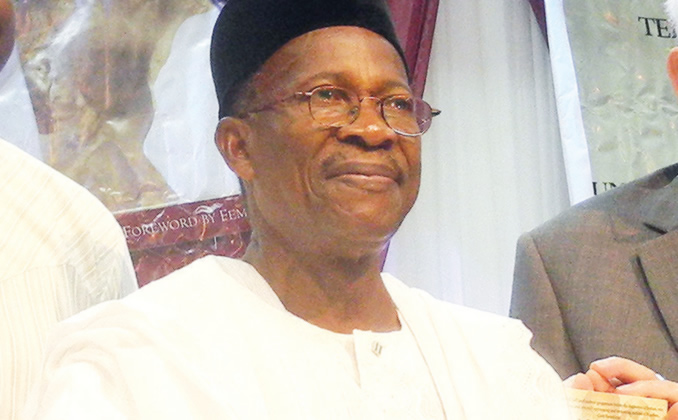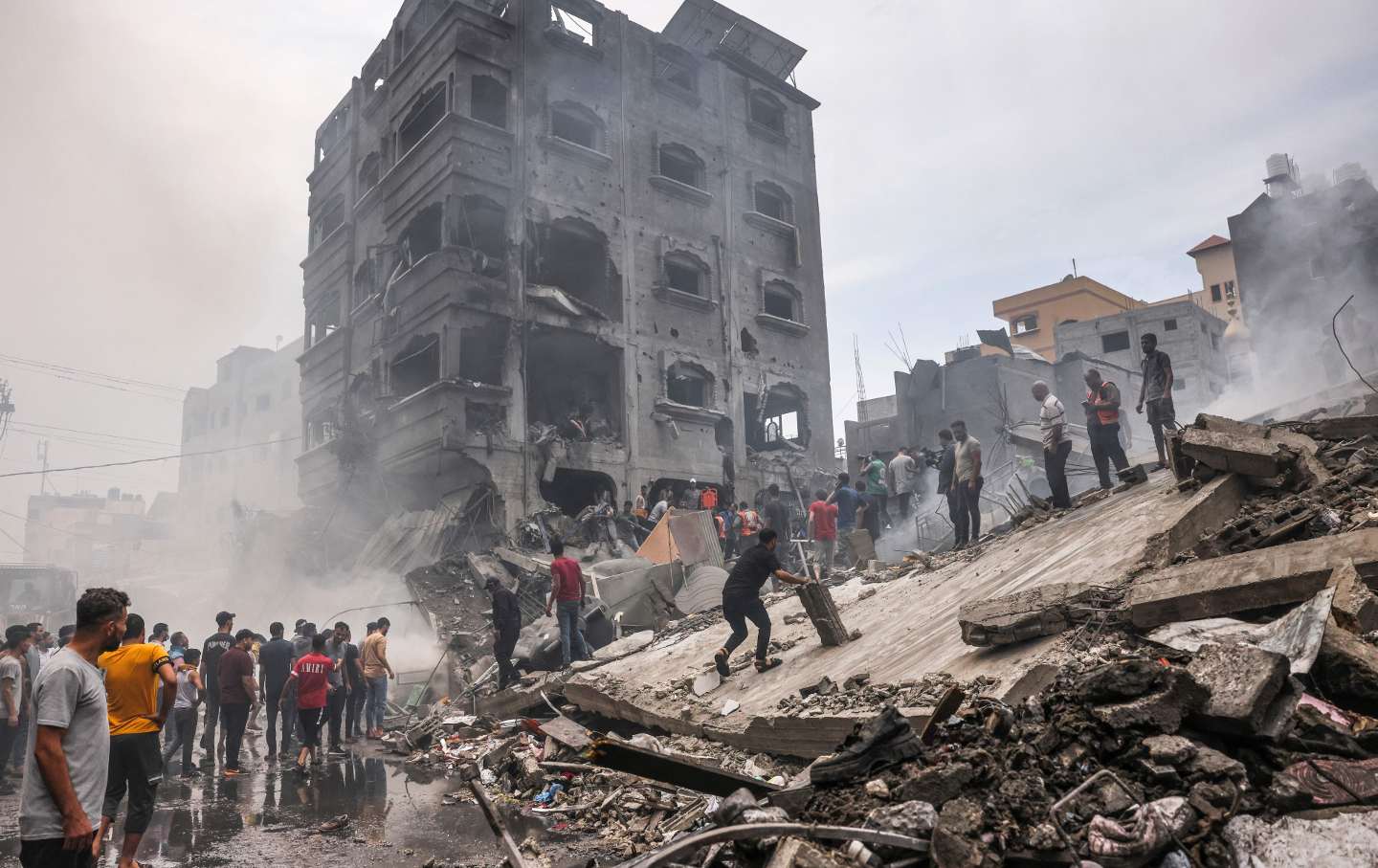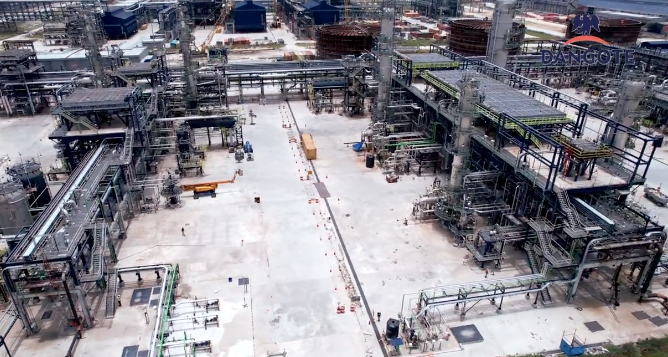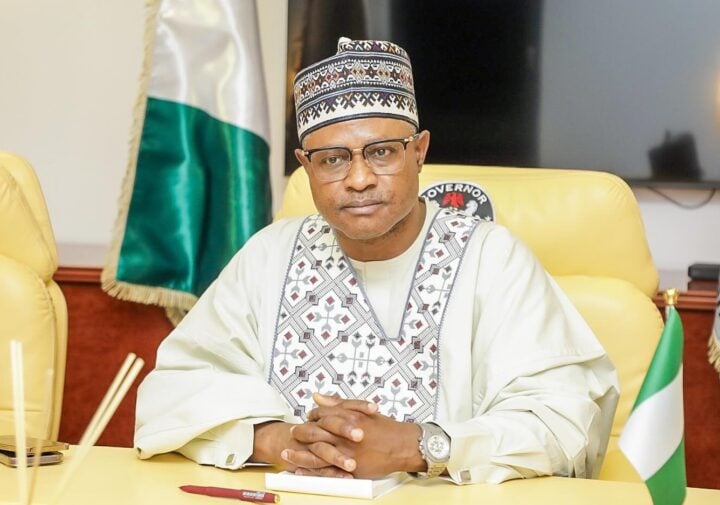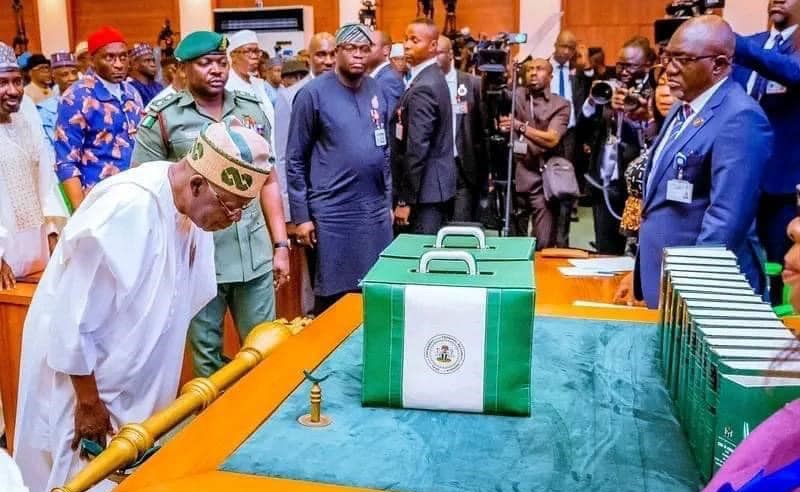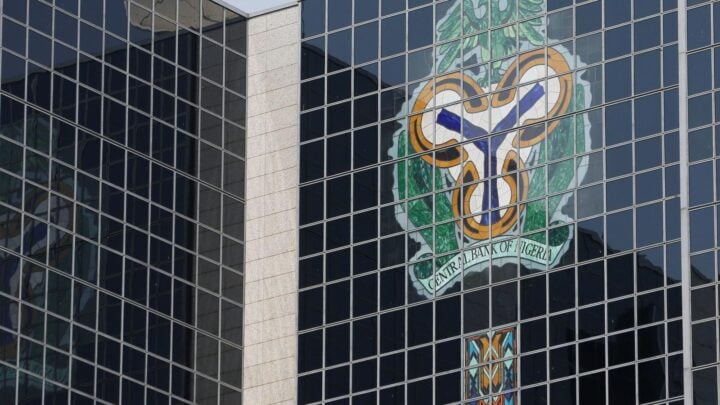Frank Ovie Kokori was one of the ensemble of characters who led the famous June 12 struggle in Nigerian history. If the June 12, 1993, presidential election and the following fracas can be regarded as the murky waters where Nigeria’s modern democracy was birthed, then Kokori can be considered one of the midwives responsible for the delivery.
The former national secretary of the National Union of Petroleum and Natural Gas Workers (NUPENG) died on Thursday at 80. In a demise worthy of a true martyr, he breathed his last on his birthday. The death came after a protracted battle with a kidney-related ailment.
Kokori was an influential union leader and dogged defender of democratic values who held the military government, led by Sanni Abacha, to ransom over the incarceration of Moshood Abiola in prison.
He was a prisoner of conscience who once boasted, “Without me, there will be no democracy” in Nigeria.
Advertisement
A bold claim, yet only a few can dismiss his efforts, sacrifices, and dedication to rid Nigeria of military dictatorship.
GROWING UP… THE POLITICAL AWARENESS
Frank Kokori was born on December 7, 1944, in the Warri area of present-day Delta state. He began schooling in his birthplace and attended Urhobo College, Warri, from 1959 to 1962.
Advertisement
He then moved to Eko Boys High School in Lagos until 1964. Kokori grew up during an epochal period of significant landmarks in modern human history. He was born just a few months before the end of the Second World War when the influence of powerful colonial authorities had suffered exertion and the subjugated colonies began struggling for independence. The dying colonial rule and the rise of nationalism among Nigerians instilled political awareness in most children of the period.
Kokori was one of the few who grabbed political enlightenment early.
“We were expecting an eldorado during the struggles for freedom. Unfortunately, some of us were young students at that time. I was already in secondary school when we got independence. I was very abreast of politics at that early age; we read newspapers, listened to the radio, and followed Azikiwe, Awolowo, Tafewa Balewa, Ahmadu Bello and the rest,” he reminisced in a chat with the Tribune in 2020.
“We knew them off-hand, our generation. We were very conversant; even at the age of 14, 12, we were already involved in knowing everything about politics in this country.”
Advertisement
His early exposure to political participation led him to unionism in the 1970s. He went on to get his first degree from the University of Ibadan.
He worked as a tariff clerk at the now-defunct Electricity Corporation of Nigeria and as a district sales representative at Lever Brothers Nigeria Ltd. He sharpened his drive for unionism with workplace reality at those jobs and emerged as a more seasoned leader.
Shortly thereafter, Kokori became the general secretary of the National Union of Nigeria Bank Employees. He held the position for three years before he became the national secretary of the National Union of Petroleum and Natural Gas Workers (NUPENG).
SDP, POLITICS AND PRE-JUNE 12
Advertisement
As the powerful general secretary of NUPENG, Kokori was a member of some of the bodies that prepared the blueprint for the experiments embodied in the political transition programme of the military government led by former head of state Ibrahim Babangida.
Kokori was a member of the 1987/1988 Constitution Review Committee and was also included in the 1988/1989 Constituent Assembly headed by Anthony Aniagolu, a former supreme court justice. The committee debated the 1989 constitution of Nigeria.
Advertisement
The new constitution was prepared based on Babangida’s promise to hand over power to a civilian government. Babangida also lifted the ban on political parties, which had been in place since the military junta toppled Nigeria’s second republic in 1983. The decision led to the creation of two parties — the National Republican Convention (NRC) and the Social Democratic Party (SDP).
Kokori became a member of the SDP and was elected the party’s national financial secretary. He held the post simultaneously with his office as NUPENG national secretary.
Advertisement
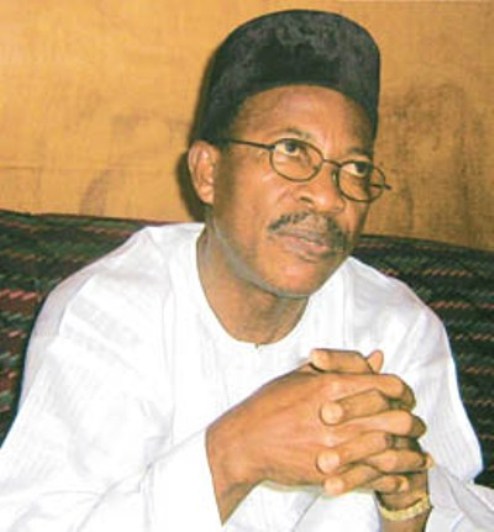
‘THE SPIRIT OF JUNE 12 STRUGGLE’
On June 12, 1993, Nigerians went to the polls to elect a new president in 14 years. The contest was between Moshood Abiola of the SDP and Bashir Tofa of the NRC.
Advertisement
As the votes started rolling in at polling stations across the country on election day, Abiola was racing to an early lead that seemed insurmountable. It was widely reported that the SDP would cruise to victory. Kokori was one of those who believed that Abiola’s appeal was sweeping the country to a landslide victory.
“MKO Abiola was a rich man. At one stage, he was the richest black man on earth,” Kokori said in a chat with Punch.
“When he entered politics, he came in late. Like I told you, I was a national officer of the party (SDP). Apart from labour, I knew everything about the party.”
However, three days after the election, result collation was stopped when the Association for Better Nigeria (ABN), a group headed by Arthur Nzeribe, obtained a court injunction to halt the counting and verification.
Then, eight days later, Babangida announced the annulment of the election.
The protest and riot that followed the pronouncement forced Babaginda to step down from office. Ernest Shonekan was appointed interim president, but he was ousted by Sanni Abacha shortly afterwards.
Abacha then arrested Abiola after the latter declared himself president and commander-in-chief in June 1994. Abiola’s incarceration rekindled another round of nationwide protests and riots.
Leveraging his leadership position at NUPENG, Kokori orchestrated a nine-week strike nationwide by the union of petroleum workers. The industrial action ground the country to a halt.
“Everything in Nigeria moves with petrol and petroleum products, so once there was no petrol, Nigeria was shut down,” Kokori told Punch in 2021.
“That was our strategy, and we controlled the rigs. Though I was a leader in the Nigeria Labour Congress at the time, the NLC betrayed us. So I had to use my industrial union, NUPENG, which had trust in me, and the Petroleum and Natural Gas Senior Staff Association of Nigeria, the white-collar union. We had to mobilise because we controlled the whole system. The Nigerian refineries were working full-blown at that time. We were in control of the terminals that were exporting oil, the refineries, tanker drivers, and everything downstream, upstream, and midstream. So, we shut down the country.”
Kokori was arrested in August of the same year by the military government for masterminding the petroleum workers’ strike and was detained without charges. He was put in solitary confinement in Bama Prison, Maiduguri.
Shortly after Kokori’s arrest, the NUPENG strike ended. The former labour leader believed he was the “spirit of the June 12 struggle,” and his absence extinguished resistance.
“I was a high-ranking member of the party and the labour movement, so I was the spirit of the June 12 struggle,” he said.
“That was why, immediately after they arrested me, the whole thing ended. I was abducted in the middle of the night, and that was how the struggle ended. Abiola was going to court, but immediately Kokori was arrested, Abacha felt so happy, and they took me to the far end of the country in Bama. So, they broke the resistance, and they were guarding me for 24 hours daily in solitary confinement.
“My union could only stand after I had left; there was no real leader. They resisted for about 10 days after I had been captured, but they could not go further anymore after that. The entire resistance was eight to 10 weeks. That is what you call a real resistance where we held the country. I was underground, so I was coordinating. But they got me through tricks and certain other things at midnight, and they stopped bringing Abiola to court, so there was no more resistance. Abacha had his way.”
Kokori was jailed for four years and was released in 1998 after Abacha died. Abdusalami Abubakar replaced Abacha. The new head of state ordered his release, as well as that of other detained political activists and journalists.
Kokori was declared a prisoner of conscience by the International Labour Organisation (ILO) and Amnesty International (AI).
‘WITHOUT ME, THERE WILL BE NO DEMOCRACY IN NIGERIA’
Kokori was one of the heroes of Nigerian democracy during the long, bleak years of military dictatorship, and he was never coy about his impact.
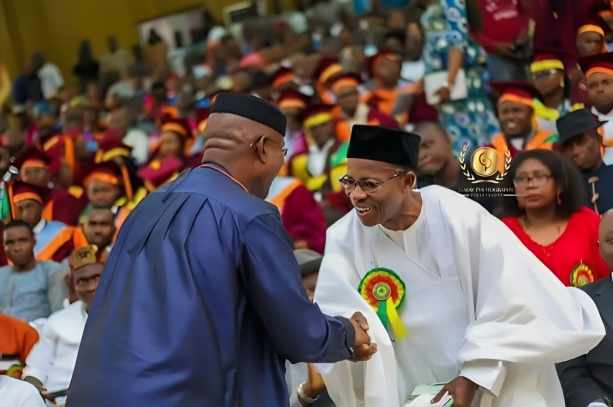
“I’ve done my best for my country. When nobody raised their voice against the military, I came out with the unions to fight for the freedom and democracy of my country,” he said in 2019.
“I stood for this country, and I fought for democracy; and all my years in this country, there were temptations to take the biggest bribes. I stood my ground for democracy.”
In an interview with Punch, he also declared that “without me, there would have been no democracy” in Nigeria.
“I was one of those young men who grew up thinking I would be able to salvage my country; I would be a leader, president, and everything I could in my time,” he said.
“But I could not, though I did one thing that I am satisfied with: I fought for democracy in this country, and without me, there would have been no democracy. God gave me the oil unions, which I led for 16 years before the struggle, and we forced the military out of power. But a lot of us paid the price. The military was always changing the goalposts.
“It was a beautiful struggle due to the progressives in Nigeria, including the militant press, the civil society, and, of course, labour, who were the arrowheads of that struggle. If you demonstrate with placards in the United Kingdom, France, or Washington (United States), it’s okay. But when you do the same in African dictatorships, you will be mowed down. But we thank God for the Nigerian Union of Petroleum and Natural Gas Workers and the oil unions that led the struggle. Those of us that God placed at the head of the trade and oil unions at that time were able to fight that battle for Nigerians. Finally, the military had to go.”
Add a comment
